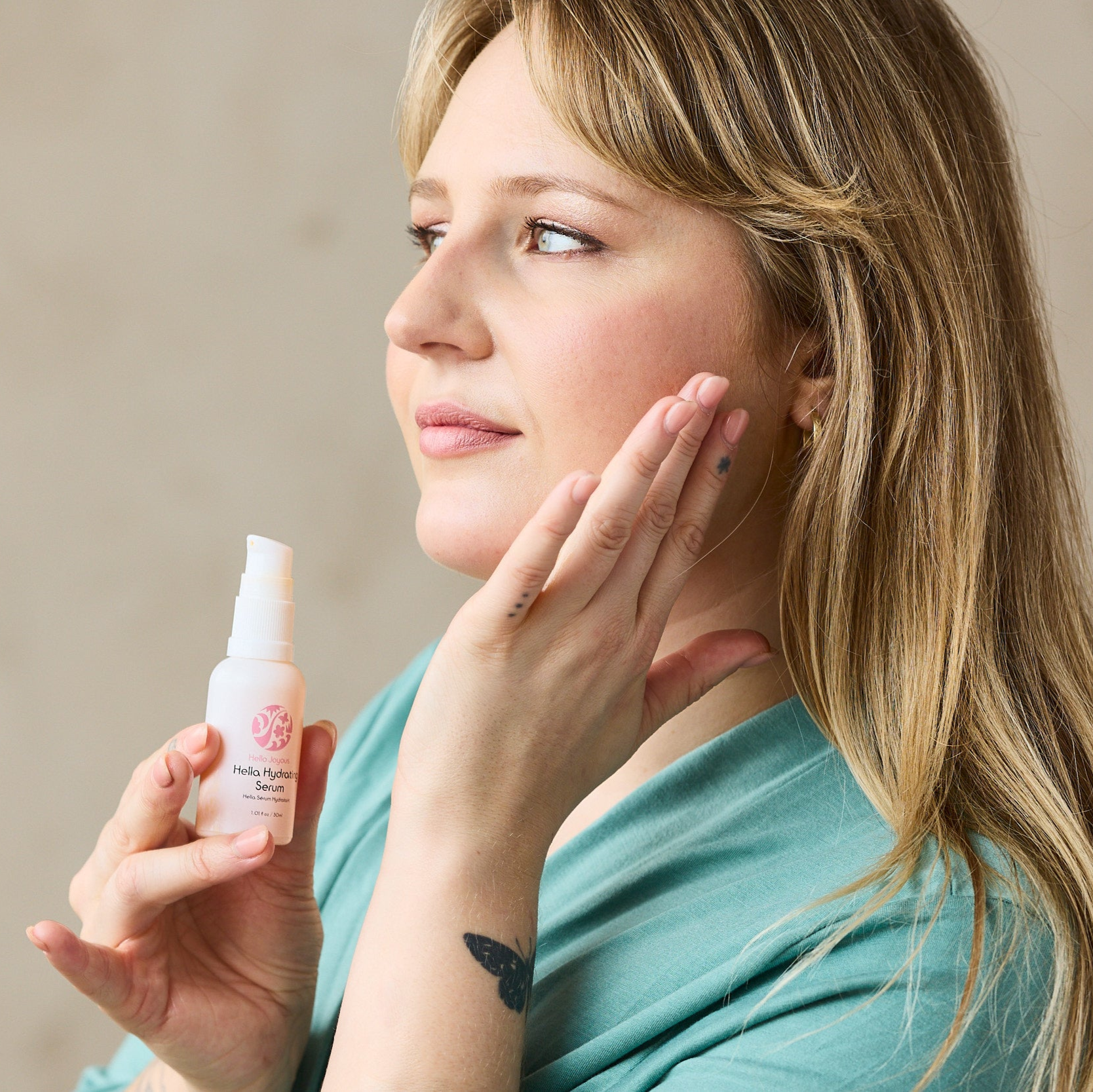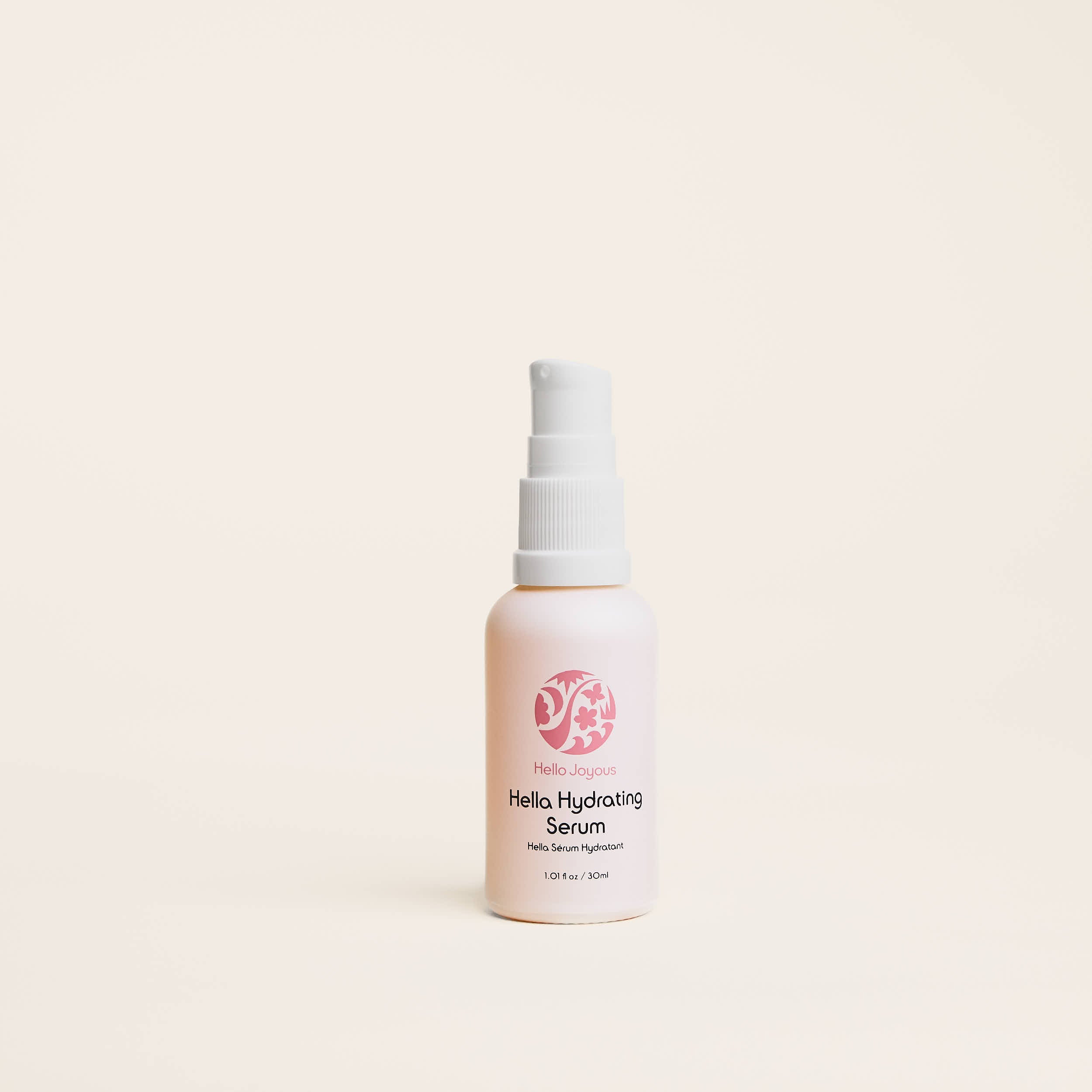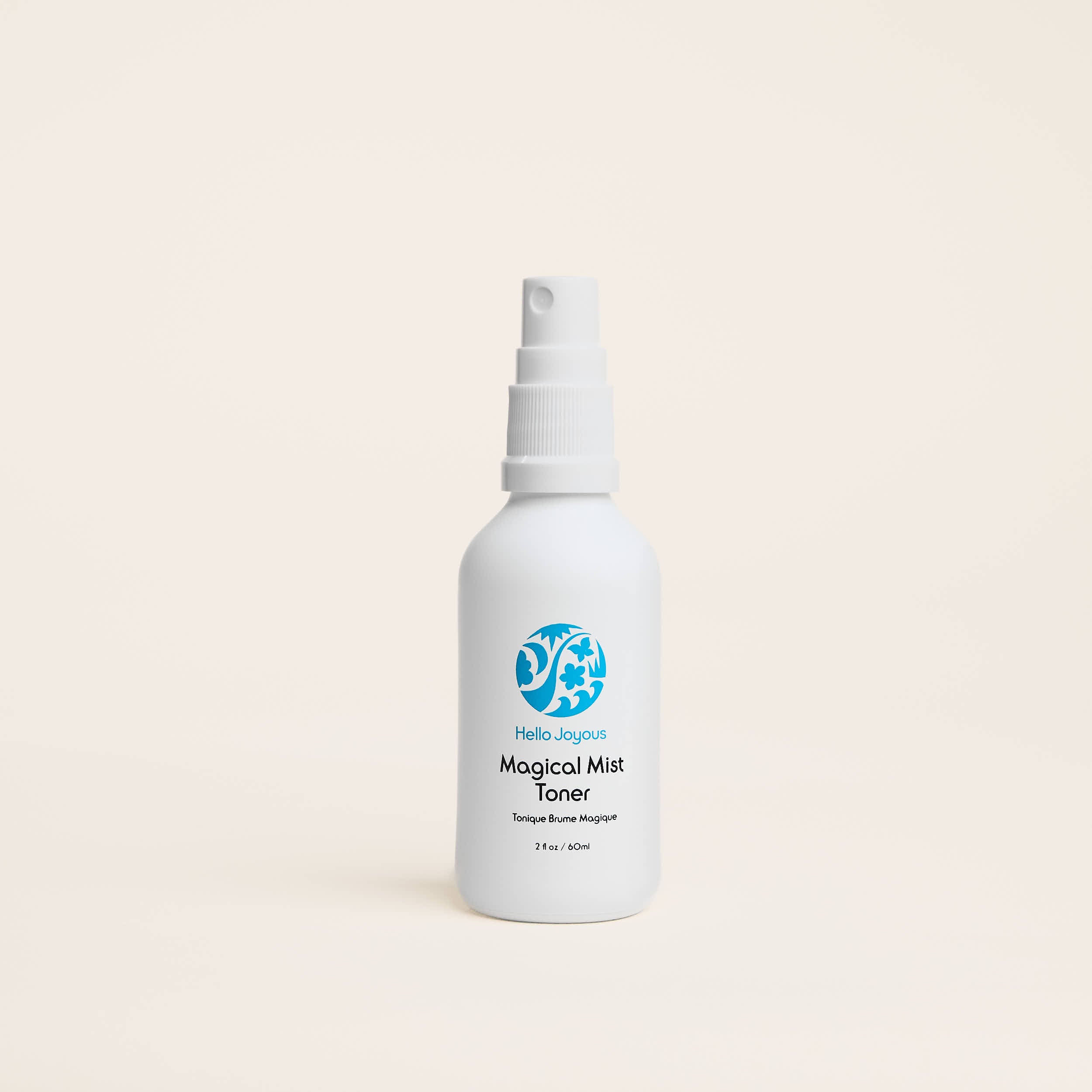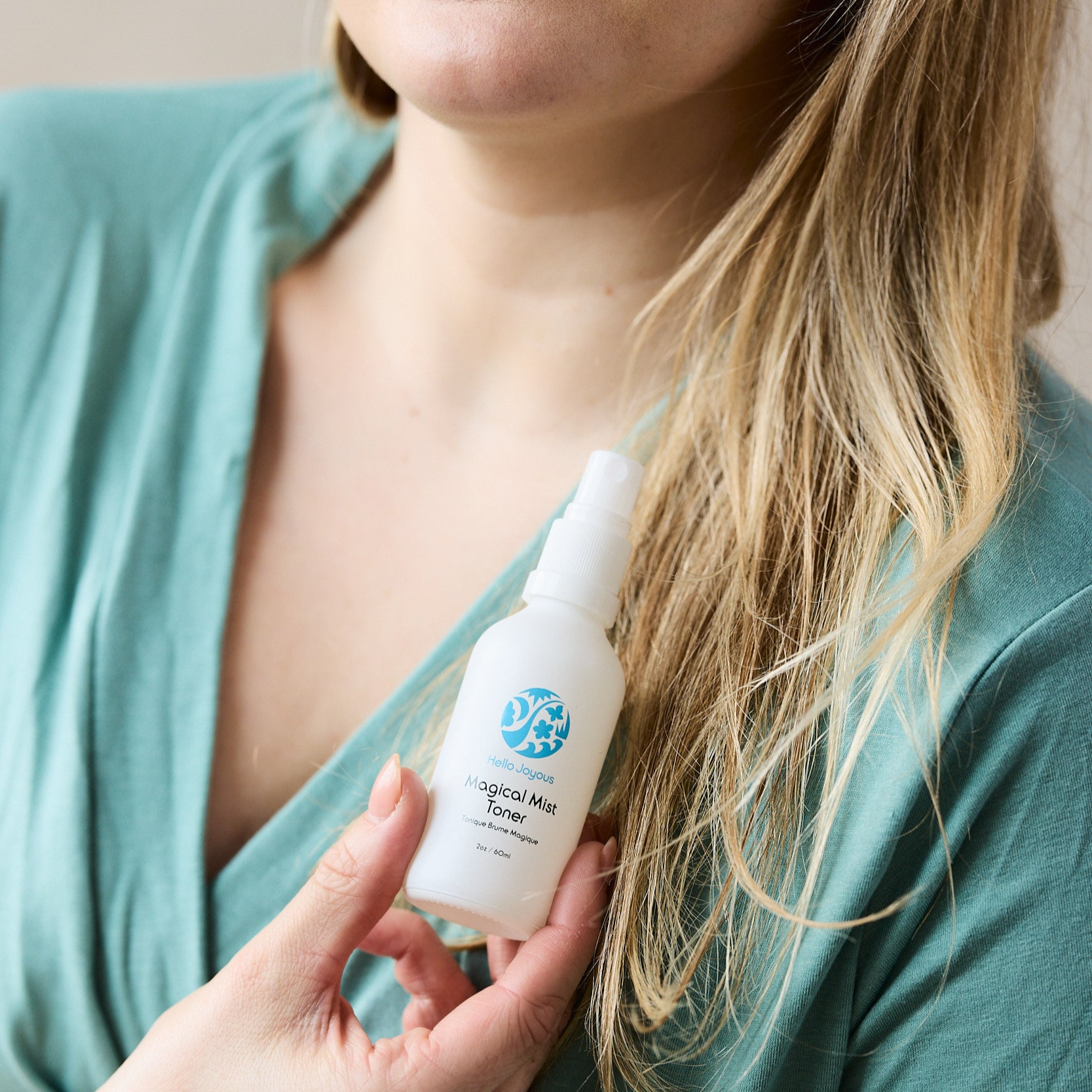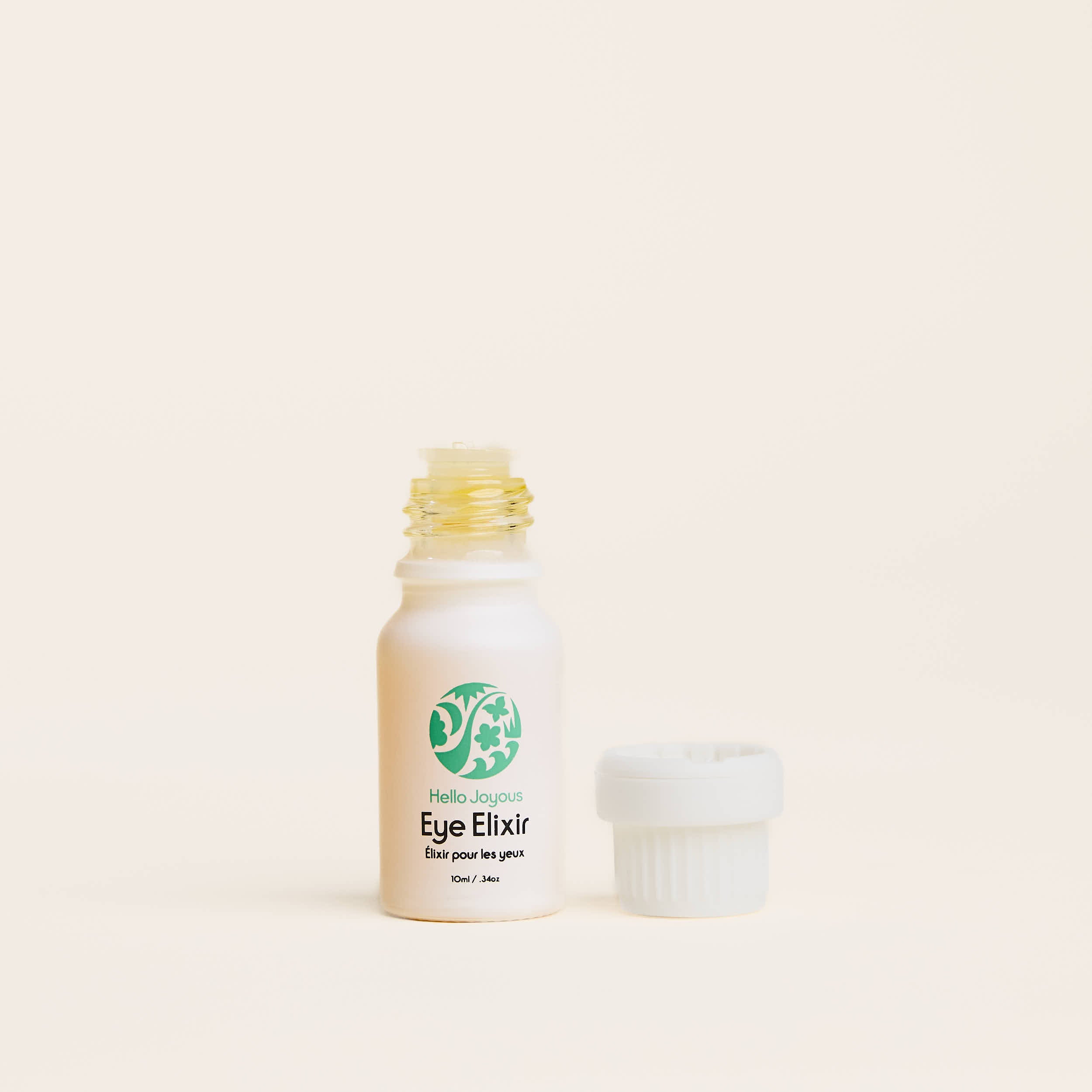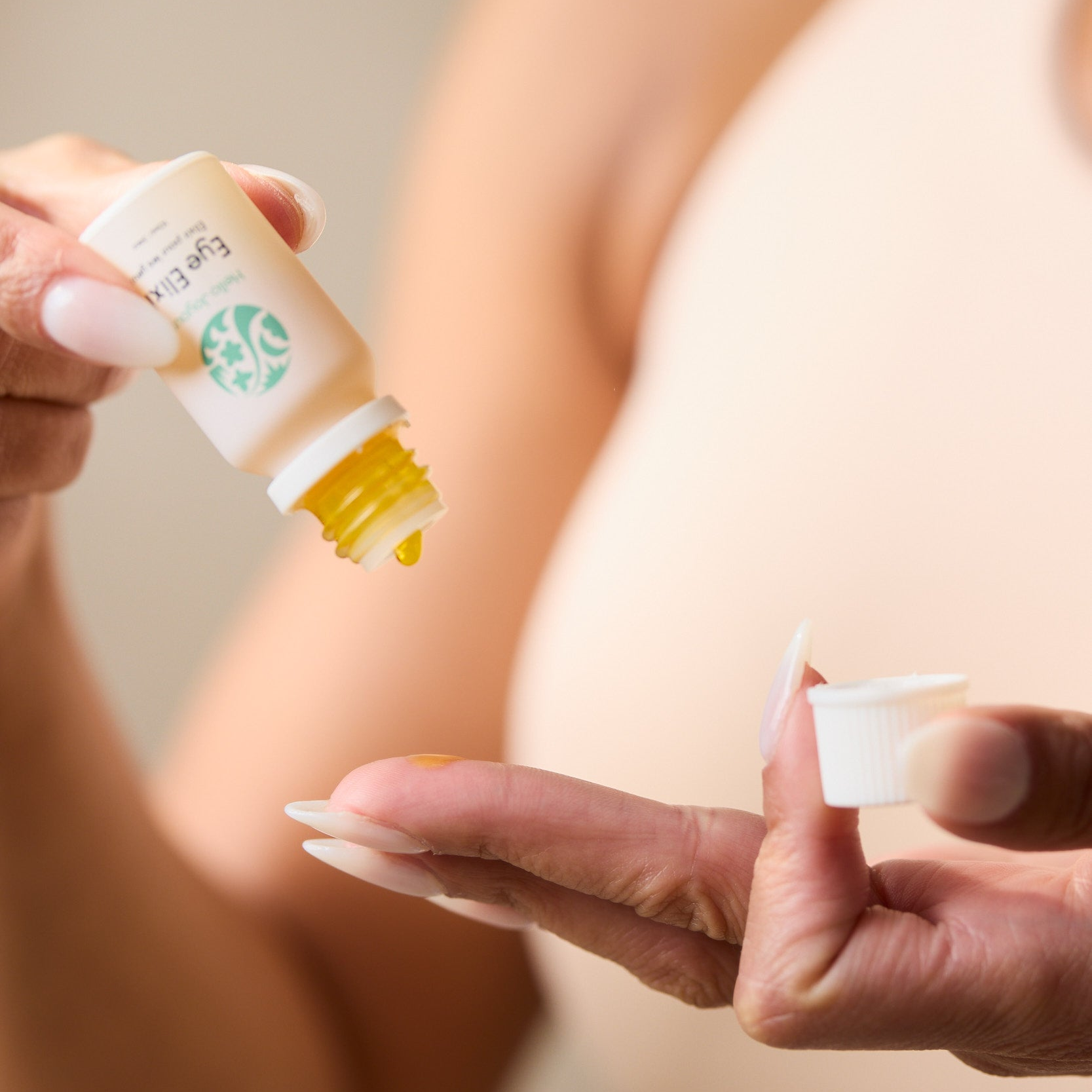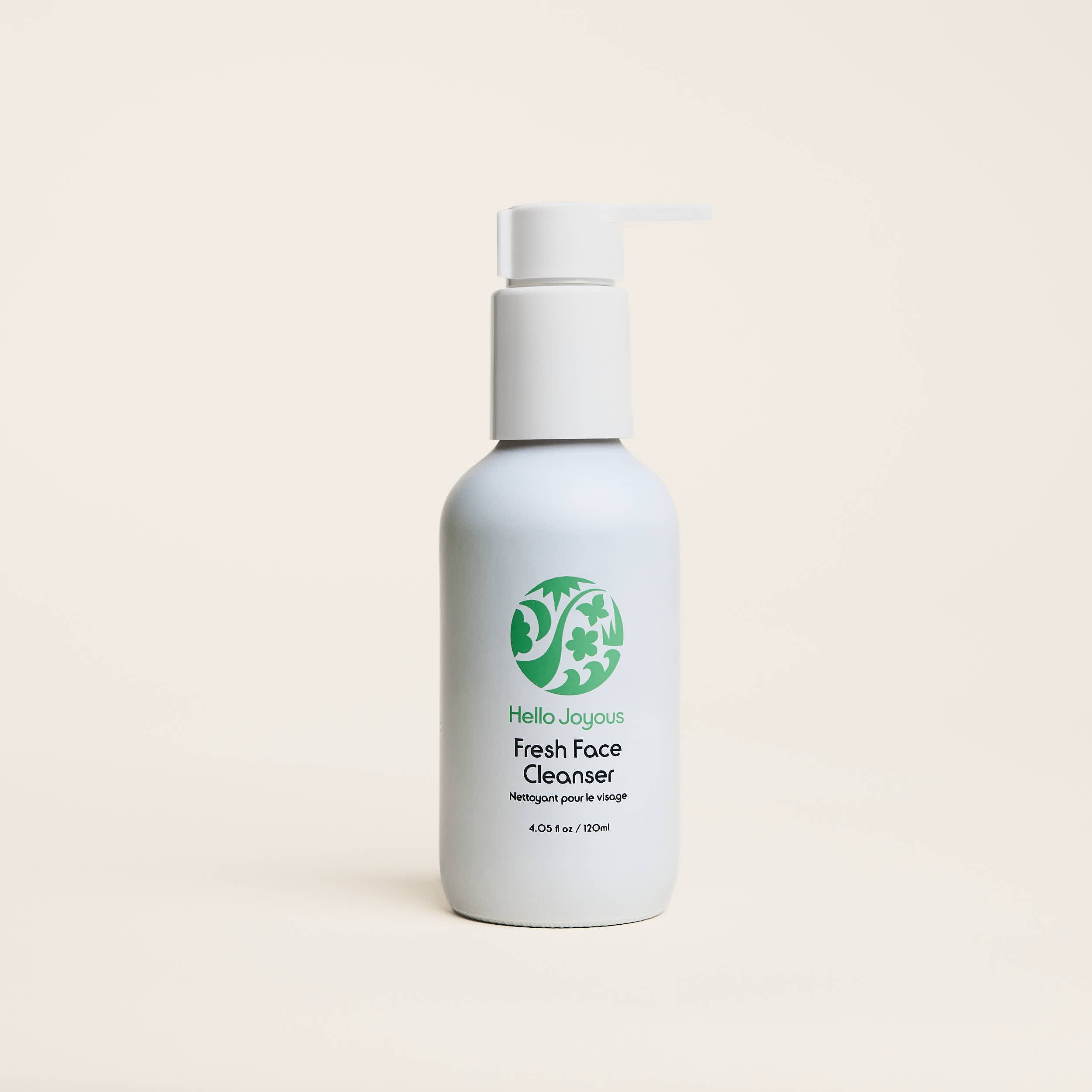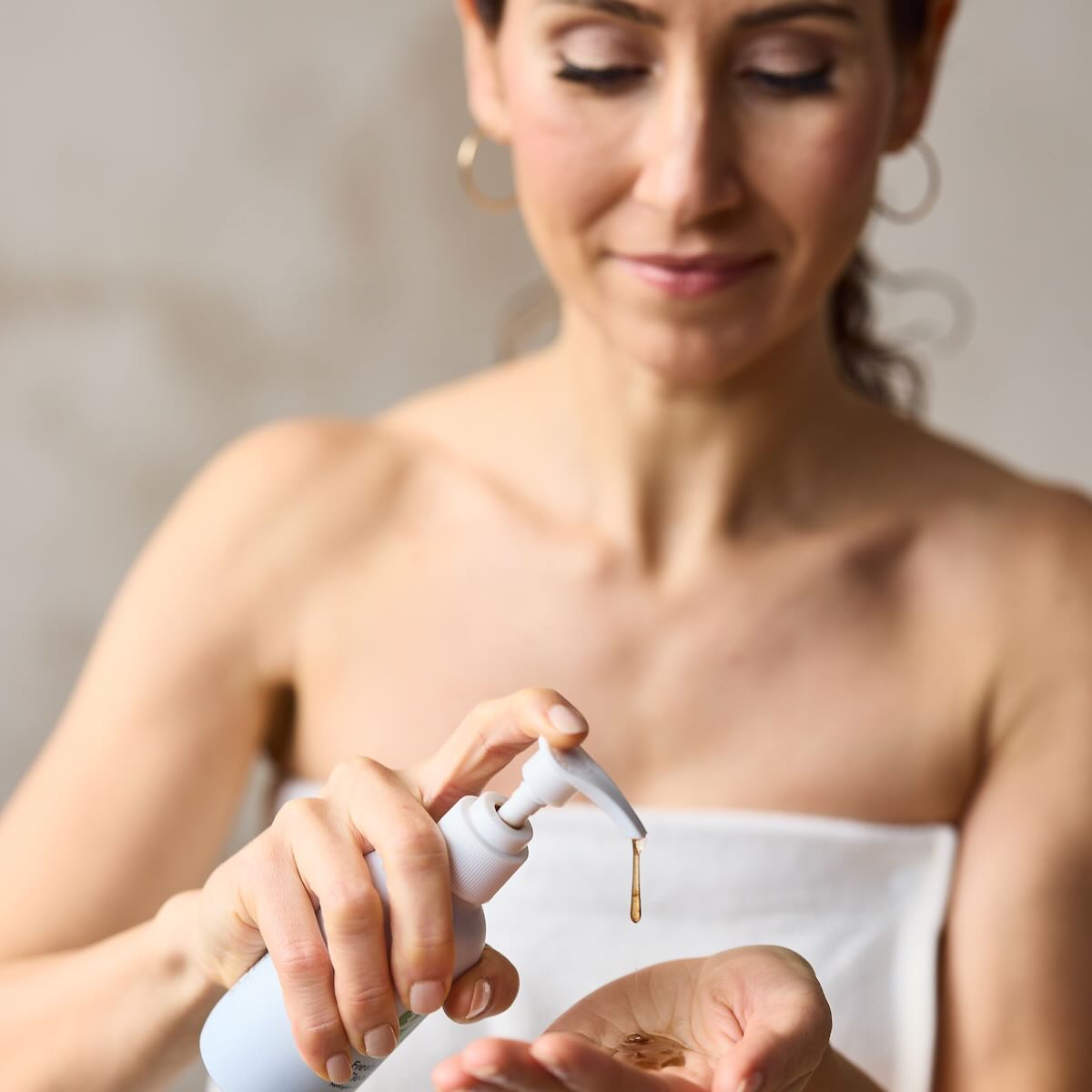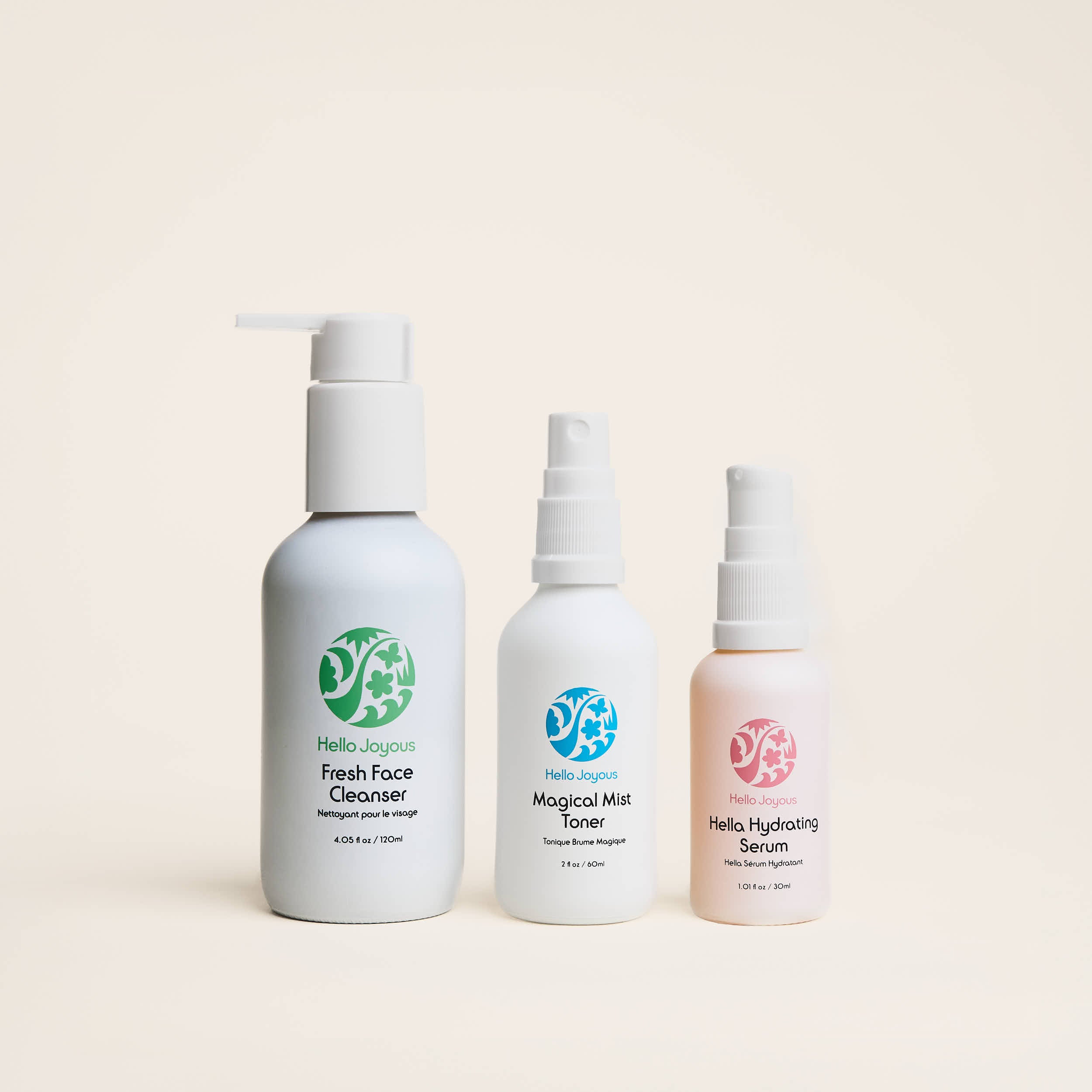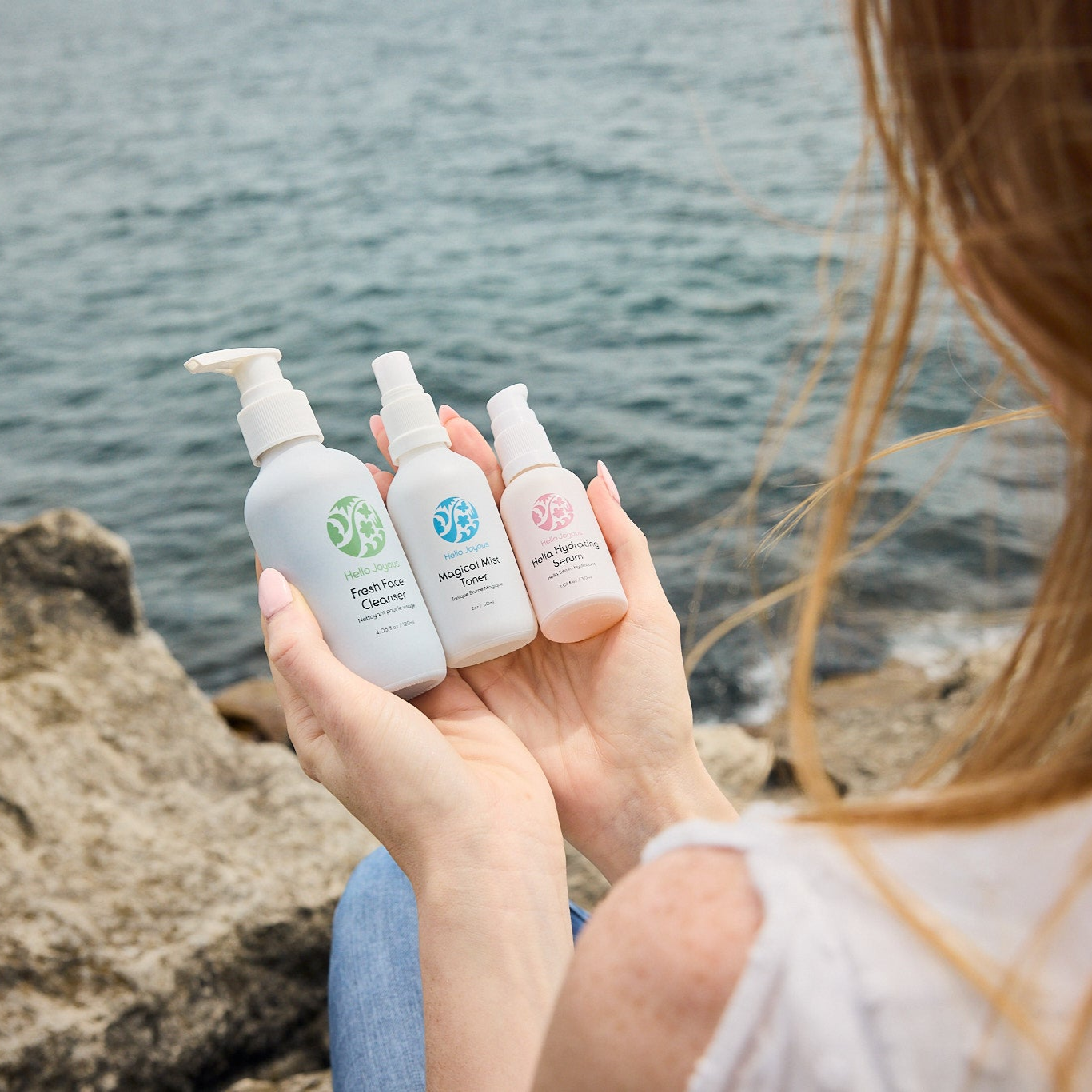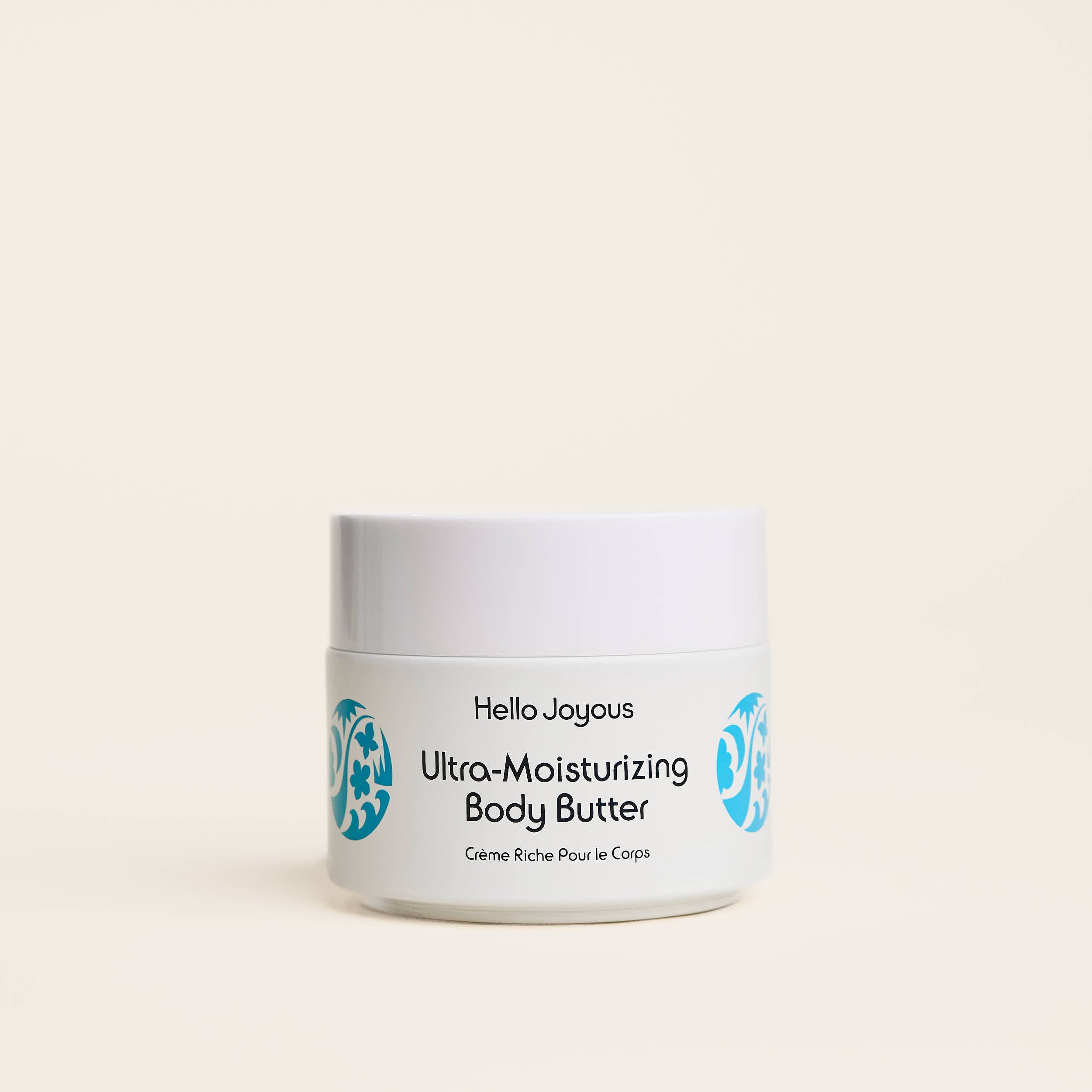We often think of skincare as what we put on our skin — but true skin health starts from within. There’s a powerful and direct connection between the gut and the skin, and when the gut is out of balance, it often shows up on the surface. In fact, chronic skin concerns like acne, rosacea, eczema, and even premature aging can all be signs of an imbalanced gut.
Here's how digestive health impacts your skin — and what you can do to support both.
The gut is home to trillions of microbes that influence everything from digestion to immunity — and yes, the skin. This is known as the gut-skin axis. When the gut microbiome is diverse and thriving, it supports a calm, radiant complexion. But when it's inflamed, leaky, or overrun with harmful bacteria, the skin often reacts with irritation, inflammation, or breakouts.
A healthy gut helps regulate the immune system, reduce oxidative stress, and manage inflammation — all essential for vibrant skin. It also ensures proper absorption of skin-supportive nutrients like vitamin A, C, zinc, and essential fatty acids.
Signs Your Skin Issues Might Be Coming From Your Gut
Here are some signs your skin may be reflecting what’s going on in your gut:
- Persistent acne despite a good skincare routine
- Rosacea flares, especially after stress or certain foods
- Eczema or dermatitis that won’t fully resolve
- Skin sensitivity, redness, or reactivity
- Dullness or premature aging
- Bloating, irregular digestion, or food sensitivities alongside skin issues
How Gut Imbalances Show Up On the Skin
-
Leaky Gut (Intestinal Permeability)
When the gut lining becomes compromised, toxins, undigested food, and bacteria can “leak” into the bloodstream, triggering systemic inflammation. This inflammation often appears on the skin — especially in conditions like acne, rosacea, or eczema. -
Microbiome Imbalance (Dysbiosis)
An overgrowth of “bad” bacteria (or not enough of the good guys) can disrupt digestion, nutrient absorption, and immune balance — all of which impact the skin. Research shows that people with acne and rosacea often have lower gut microbial diversity. -
Poor Nutrient Absorption
A sluggish or damaged gut may not absorb key nutrients needed for skin repair and radiance. Vitamin A, C, E, zinc, omega-3s, and antioxidants are critical for a healthy complexion. -
Chronic Inflammation
Gut issues often cause low-grade, chronic inflammation, which can accelerate aging, increase sensitivity, and trigger inflammatory skin conditions.
How to Support Gut & Skin Health Naturally
Healing the gut can have a powerful impact on the skin — often within just a few weeks. Here’s how to get started:
-
Eat a diverse, plant-rich diet
Focus on fibre-rich veggies, fruits, whole grains, and fermented foods (like sauerkraut and kimchi) to feed beneficial gut bacteria. -
Limit inflammatory foods
Sugar, refined carbs, alcohol, and highly processed foods can disrupt the microbiome and trigger breakouts or inflammation. -
Support digestion
Slow down at meals, chew thoroughly, and consider natural digestive aids like ginger tea or apple cider vinegar before eating. -
Nourish with gut-friendly nutrients
Include omega-3s (from flax, chia, or fish), zinc (pumpkin seeds, lentils), and vitamin C (berries, citrus) daily. -
Manage stress
Chronic stress disrupts both the gut and the skin. Practice daily stress relief — whether it’s walking, breathwork, or a calming herbal tea. -
Consider a quality probiotic
A well-formulated probiotic can help rebalance the gut microbiome and support clearer, calmer skin over time.
Your skin is a mirror of what’s happening inside your body — especially in the gut. If you’ve tried every topical lotion or potion and your skin still isn’t where you want it to be, it may be time to focus inward.
Supporting gut health is one of the most effective ways to achieve lasting skin results — naturally. With simple daily habits, nourishing foods, and a little patience, glowing skin really can start in the gut.
Read more
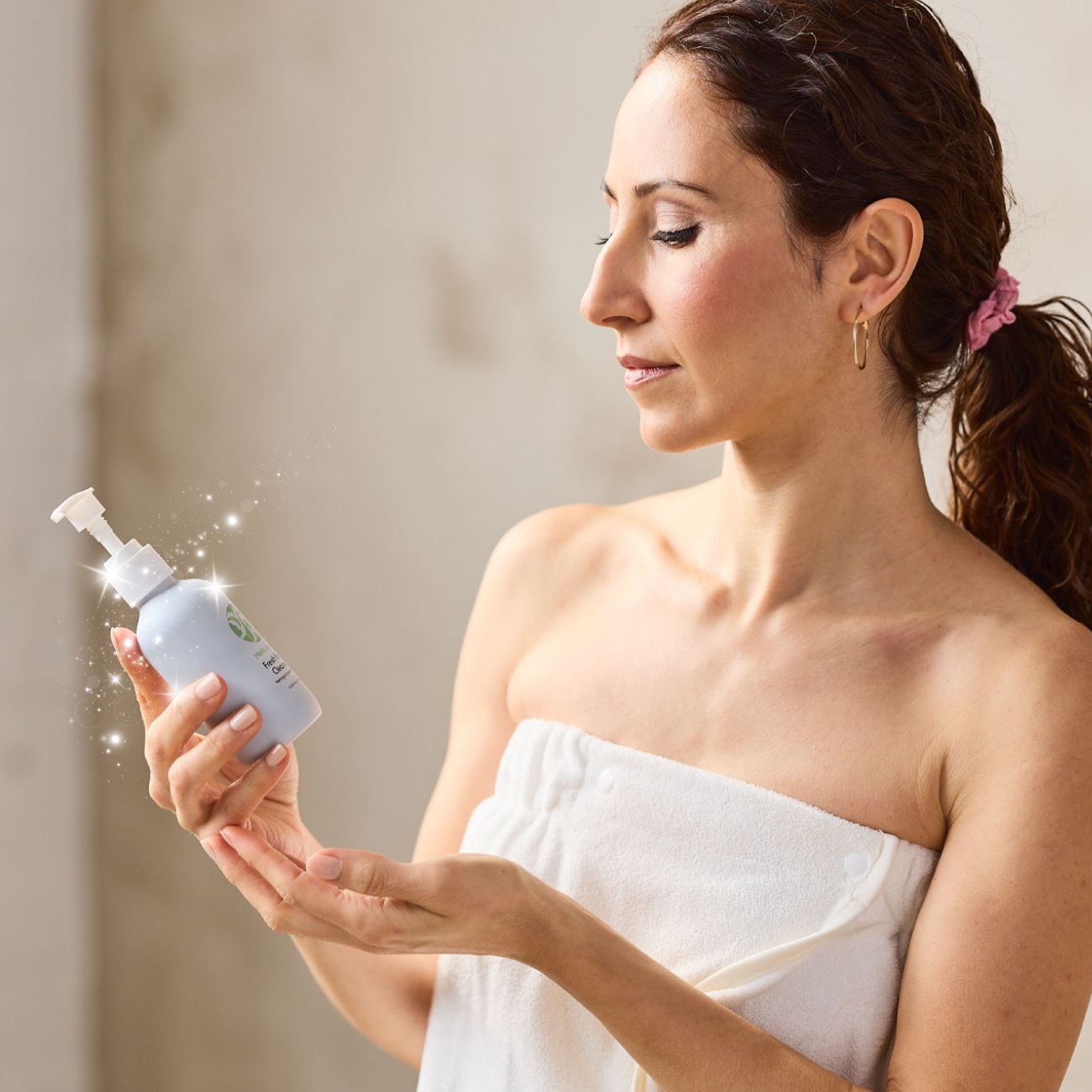
Today, we want to discuss a common practice in the beauty industry called “fairy dusting.” While the term evokes images of sparkles and glowing skin, the reality is anything but magical. We’ll expl...
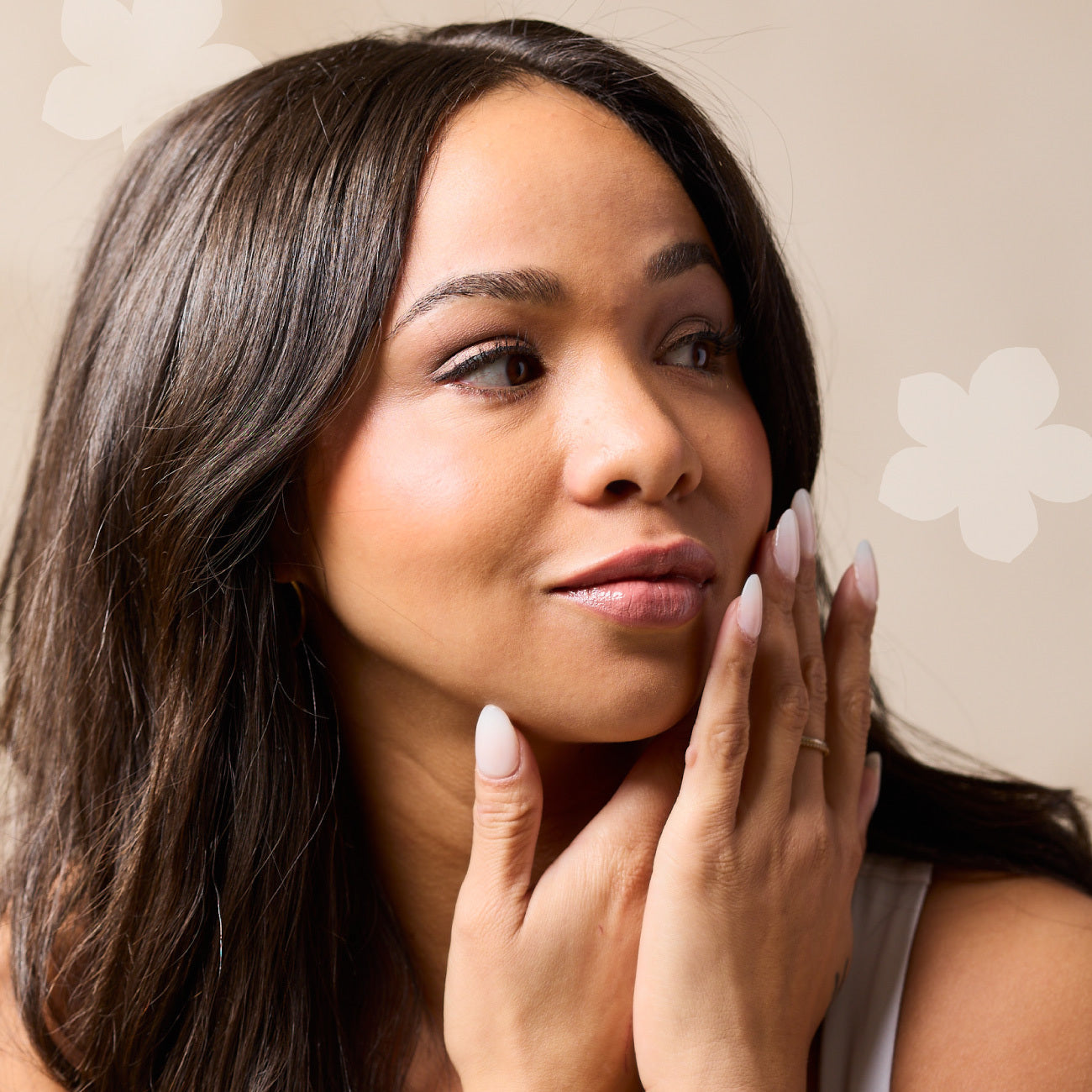
When it comes to healthy, happy, glowing skin, it’s important to consider what we’re doing on the inside, just as much as what we’re doing to support our skin from the outside. Inflammation is one...
